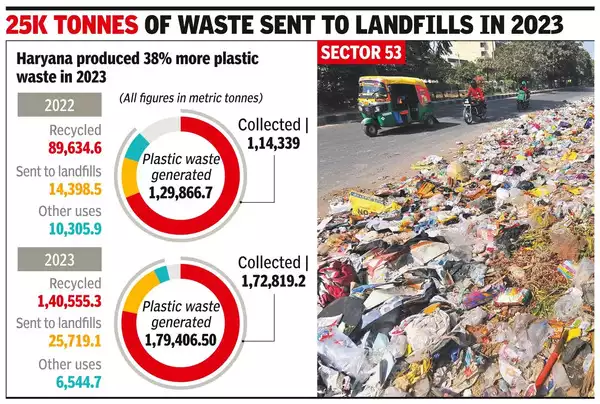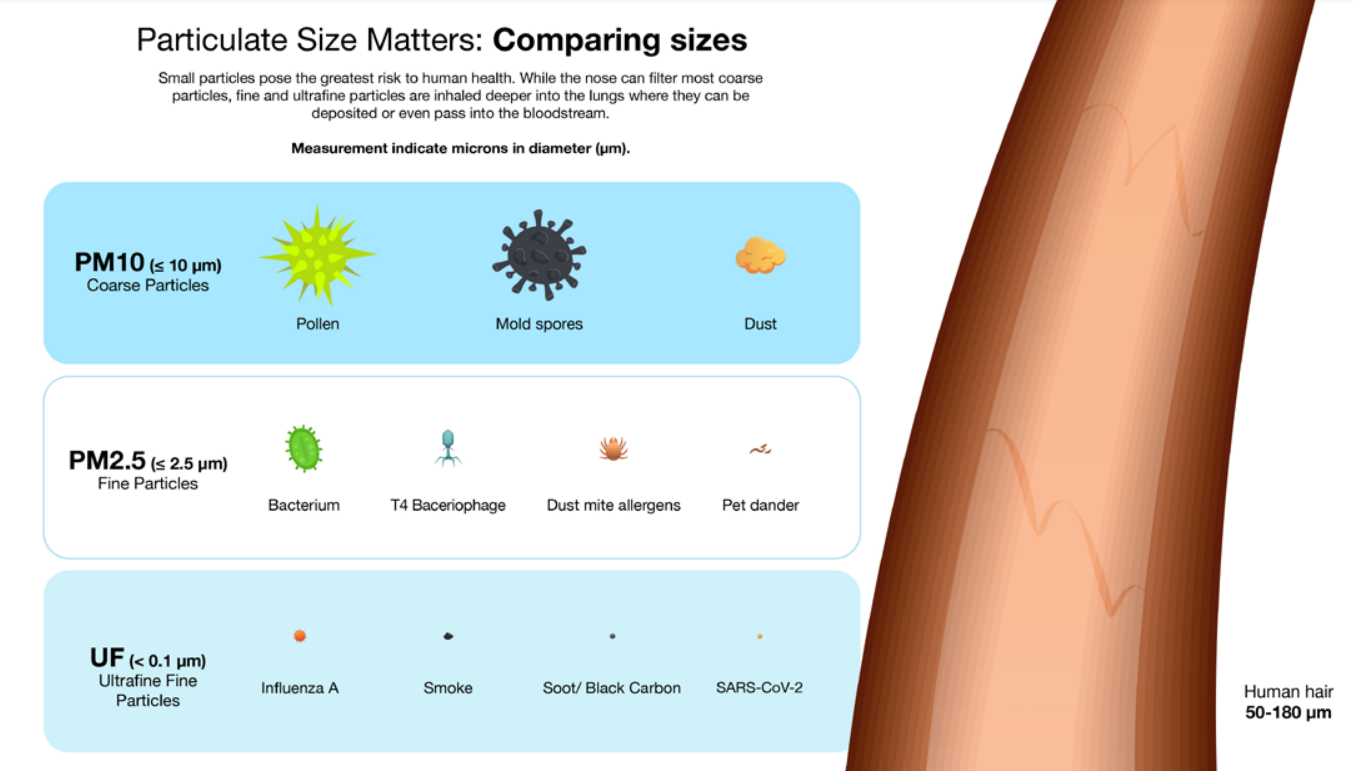Haryana Switch to Hindi
Rise in Plastic Waste Generation
Why in News?
According to the Haryana State Pollution Control Board's annual report, there is an increase in plastic waste production in 2023 to 1,79,406.5 tonnes, marking a 38% surge from 2022’s 1,29,866.7 tonnes. About 14% of this waste was disposed of in landfills.
Key Points
- The report has highlighted a rise in plastic consumption in the state, possibly leading to more plastic waste.
- This development is concerning as it presents major hurdles for waste management and can have lasting environmental consequences.
- Experts suggest that the solution to this problem involves cutting down on plastic usage and encouraging the adoption of eco-friendly alternatives.
- Burning plastic waste in landfills poses a significant environmental issue as it can lead to toxic Particulate Matter (PM) and gaseous emissions due to poorly managed sites where fires can commonly occur.
- Therefore, it is advised to minimize the disposal of plastics in landfills as a preventive measure.
- The Urban Local Body (ULB) department has devised a strategy for managing plastic waste, which has been submitted to the Central Pollution Control Board (CPCB).
- All municipal corporations have been instructed to establish Material Recovery Facilities (MRFs) as necessary and to handle their plastic waste in accordance with the Solid Waste Management Rules, 2016, and Plastic Waste Management Rules, 2016.
Central Pollution Control Board (CPCB)
- CPCB is a statutory organisation which was constituted in September, 1974 under the Water (Prevention and Control of Pollution) Act, 1974.
- It was entrusted with the powers and functions under the Air (Prevention and Control of Pollution) Act, 1981.
- It serves as a field formation and also provides technical services to the Ministry of Environment and Forests and Climate Change of the provisions of the Environment (Protection) Act, 1986.
Haryana State Pollution Control Board
- It was formed as a statutory organisation by Government of Haryana in the year 1974 to preserve the wholesomeness of water and prevent water pollution after Government of India legislation of Water Act, 1974.
Particulate Matter (PM)
- Particulate matter, or PM, refers to a complex mixture of extremely small particles and liquid droplets suspended in the air. These particles come in a wide range of sizes and can be made up of hundreds of different compounds.
- PM10 (coarse particles) - Particles with a diameter of 10 micrometres or less.
- PM2.5 (fine particles) - Particles with a diameter of 2.5 micrometres or less.


.png)



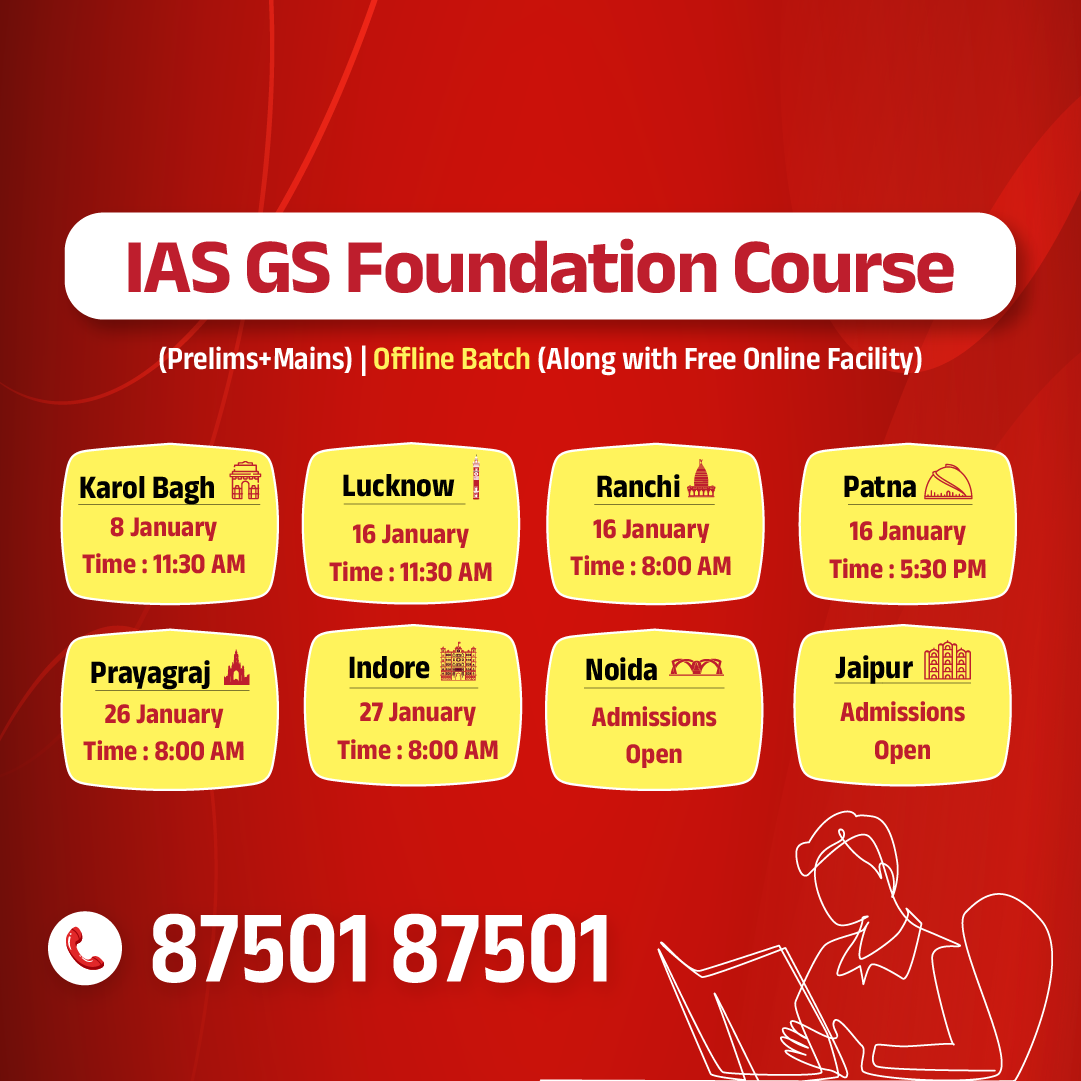
.jpg)




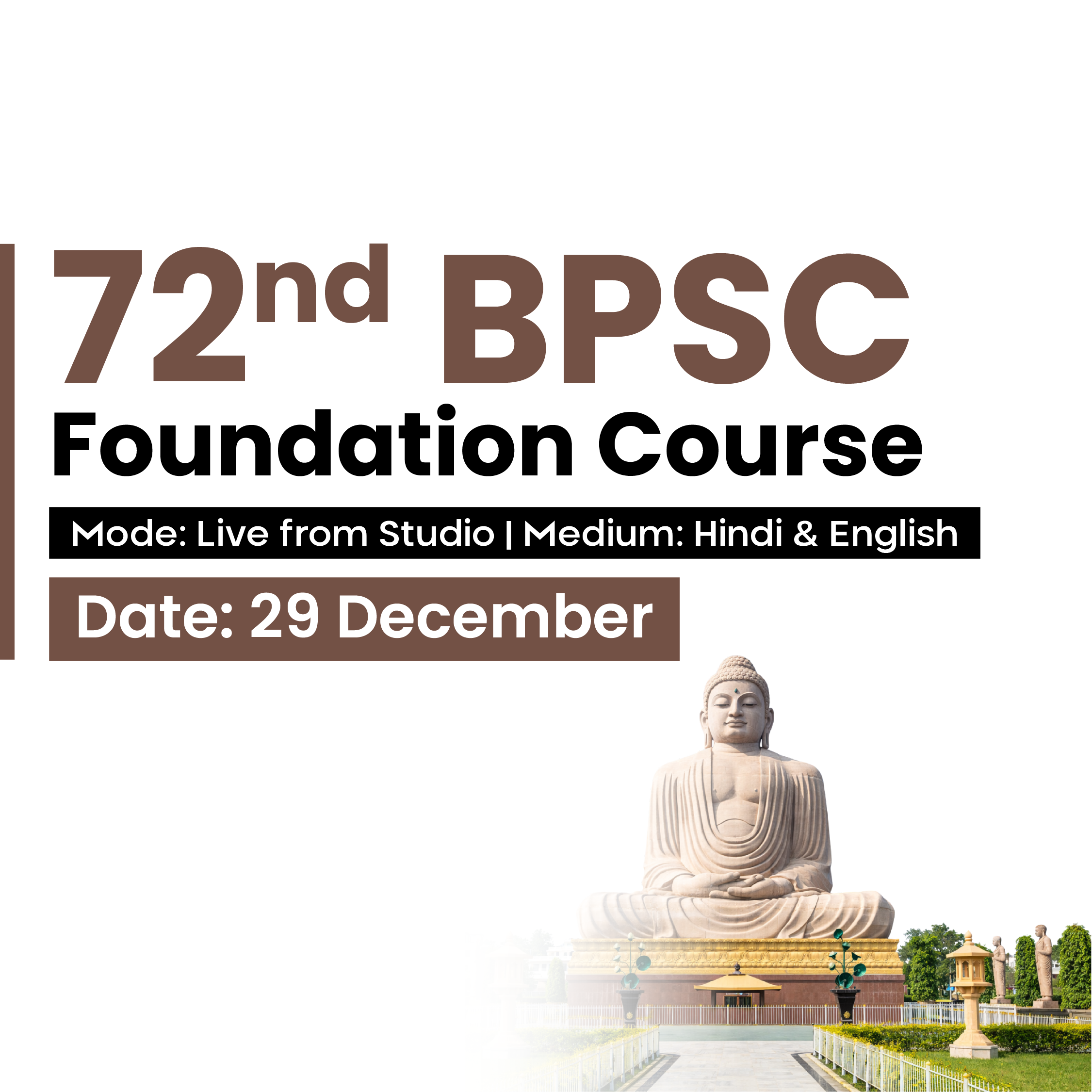















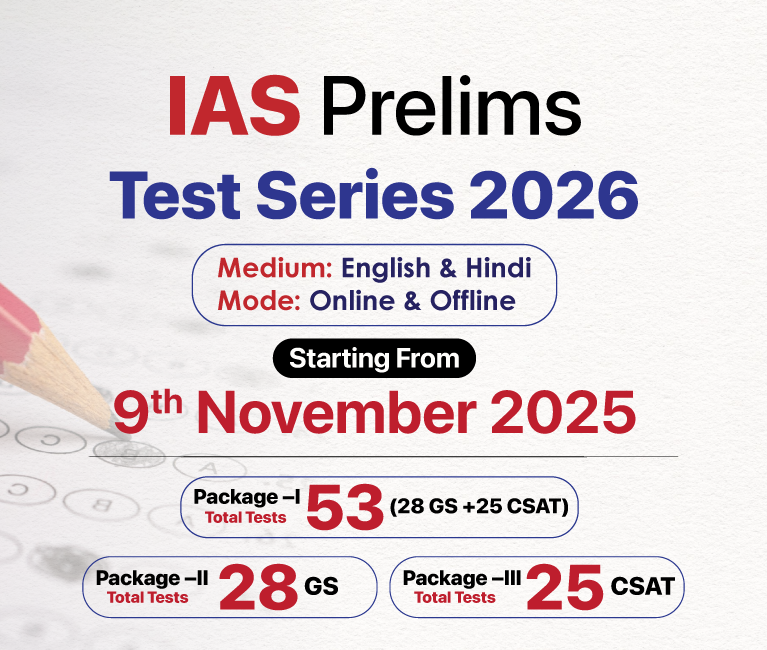


.png)


.jpg)

 PCS Parikshan
PCS Parikshan